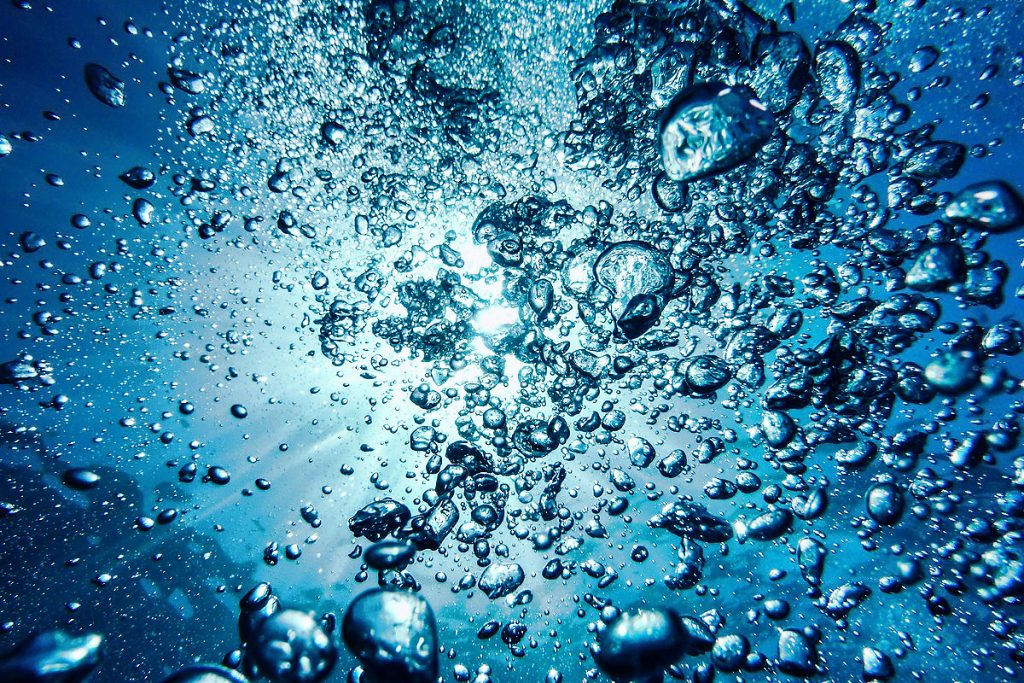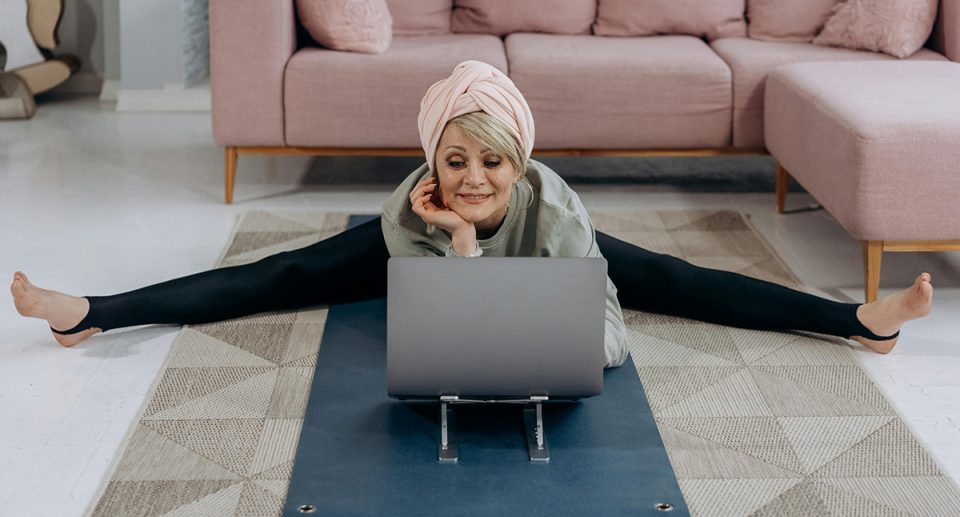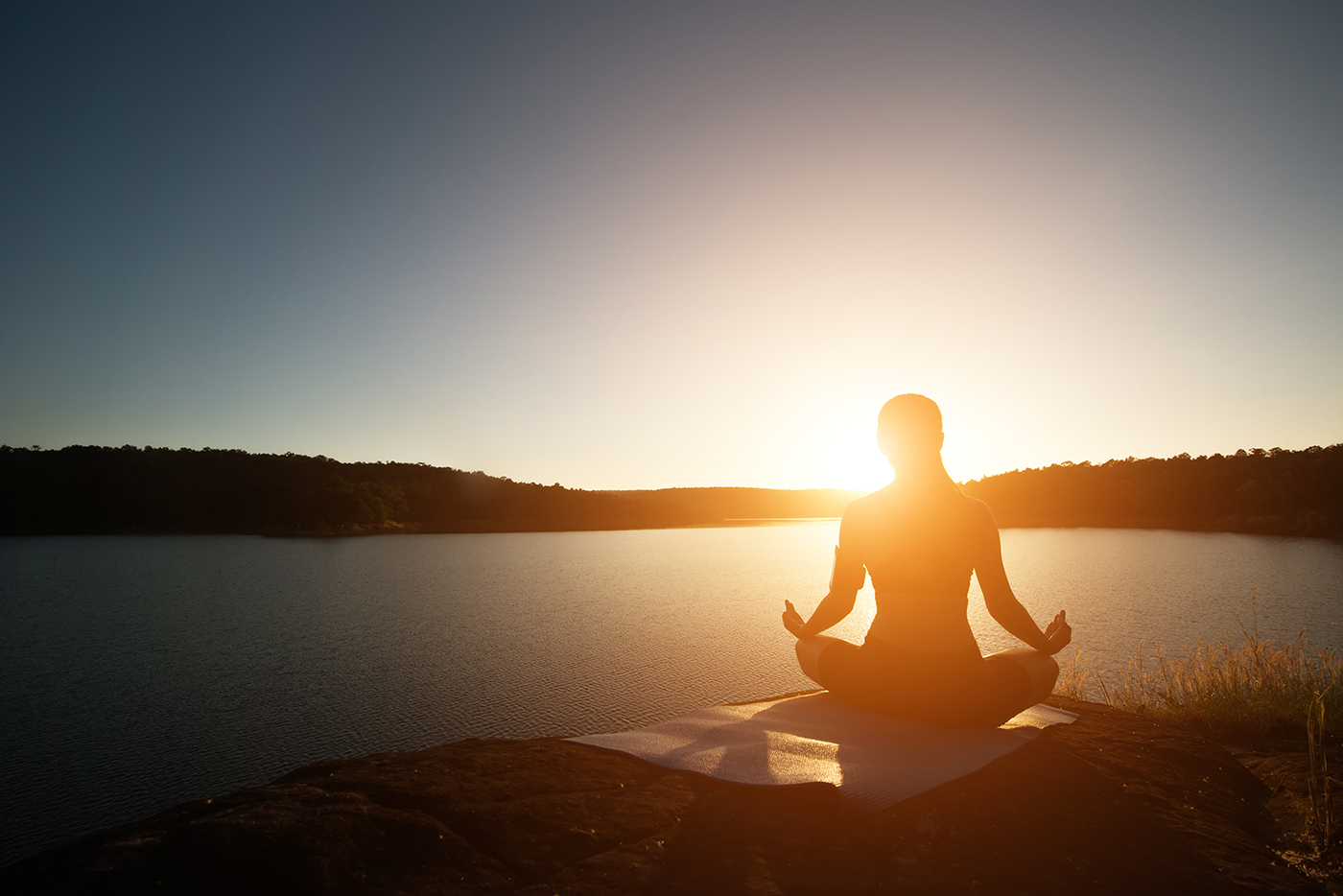The Blue Mind Theory – How blue spaces enhance mental health and wellbeing

If you’ve ever found yourself instantly at ease walking by the sea or experiencing a sense of peace after wild swimming, you could be entering a Blue Mind state.
After spotting the Blue Mind Theory all over several social media feeds, we tried to learn how blue spaces can boost our physical and mental wellbeing. So, it seems that if you’ve been wondering why you feel so calm any time you’re near or in water, there’s a science to it.
Here’s everything you need to know about the Blue Mind theory, plus how to reap the benefits whether you’re able to get in the water or not…
What is the Blue Mind Theory?
Popularised by the late marine biologist Dr Wallace J. Nichols a decade ago in his 2014 landmark book Blue Mind, the theory focuses on the idea that being in, near or on water can ease your mind into a meditative state and make you happier and healthier.
By helping to soothe the nervous system, it can take you out of your Red Mind state, a place where many of us spend most of our time in this fast-paced world. In this state, your nervous system’s fight or flight response is activated, and if you spend a lot of time here it can lead to chronic stress, depression and anxiety.

The good news is, when you enter a Blue Mind state, this stress response is neutralised, your nervous system begins to relax and you feel calmer and at ease.
Not much of a swimmer? Don’t worry, you can still enjoy the benefits of blue spaces. It doesn’t have to be super active, the research shows you can be in or next to water to reap the benefits.
The benefits of blue spaces
Research on blue spaces is newer than on green spaces, but evidence shows they positively impact mental health and wellbeing. Blue spaces soothe our nervous system, reduce stress, and lower stress hormones like adrenaline and cortisol.
The Blue Space Forum project (2022-2023) found that blue spaces are calming, restorative, and promote personal growth. Feeling connected to nature, including water, supports wellbeing by managing stress and boosting creativity.
Blue spaces enhance social connections, improving social wellbeing and reducing loneliness. Activities in water, such as swimming and surfing, support cardiovascular health and increase endorphins. Cold water swimming is being studied for its positive effects on depression and inflammation.
While many feel water benefits their wellbeing, more research is needed to confirm these effects and expand access to blue spaces.

Our relationship with blue spaces
Connecting with water isn’t just a one-way relationship. In 2018, Dr. Kelly authored a journal article titled ‘I Need the Sea and the Sea Needs Me,’ exploring how the wellbeing benefits of water can foster pro-environmental and pro-sustainability attitudes.
Dr. Kelly emphasizes that our relationship with water should be reciprocal, not extractive, involving custodianship and care. If water makes us feel better, it’s natural to want to protect it.
This perspective offers a softer call to environmentalism, potentially resonating with more people. The government’s Blue Space Forum found that if being around water improves wellbeing, people are more likely to care for it.
We can give back to water in many ways, such as participating in local riverbank and beach cleanups or supporting marine conservation charities. These actions enhance our sense of connection and wellbeing, providing a sense of purpose that benefits our mental health.

How to make the most of blue spaces
You don’t need to live by the sea to enjoy the benefits of blue spaces. Swimming in an indoor or outdoor pool, or walking by a pond or lake, can be just as effective.
If it’s safe, getting into the water is recommended. However, if you can’t, simply being near water can be beneficial. Sit by it, watch it, and listen to it. Notice the colors, shapes, movements, and sounds. This experience, known as ‘soft fascination,’ engages all our senses and can enhance wellbeing.
If ice-cold plunges or wild swimming aren’t for you, you can still benefit from cold water at home. Splash cold water on your face in the morning or turn your shower to cold for the last 30 seconds. Focus on your face, head, and neck, and pay attention to your breathing and reflexes.
During winter, when access to blue spaces might be limited, you can connect with water through a warm bath or shower.
No matter how you engage with water, do so mindfully. Whether it’s a warm bath to wash away the day’s worries or feeling grateful for clean tap water, approach it with intention.




















